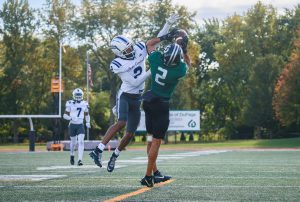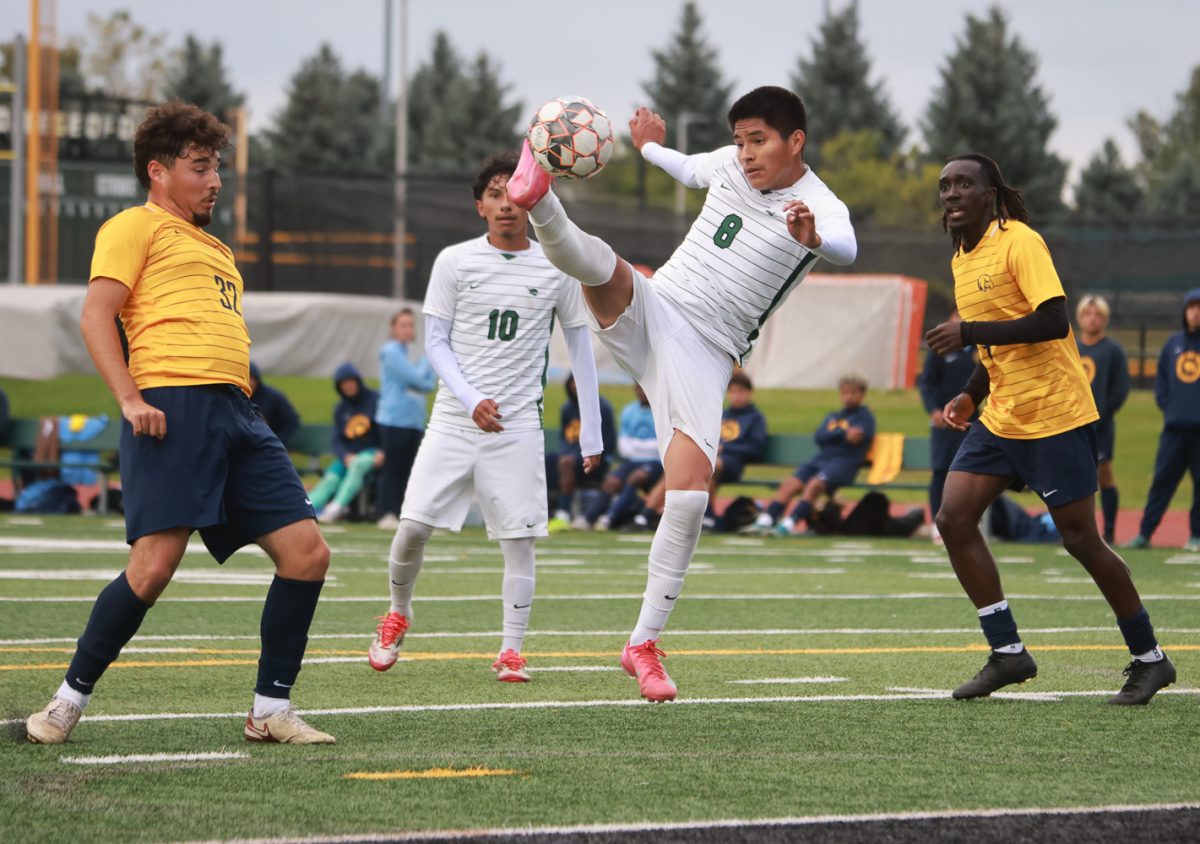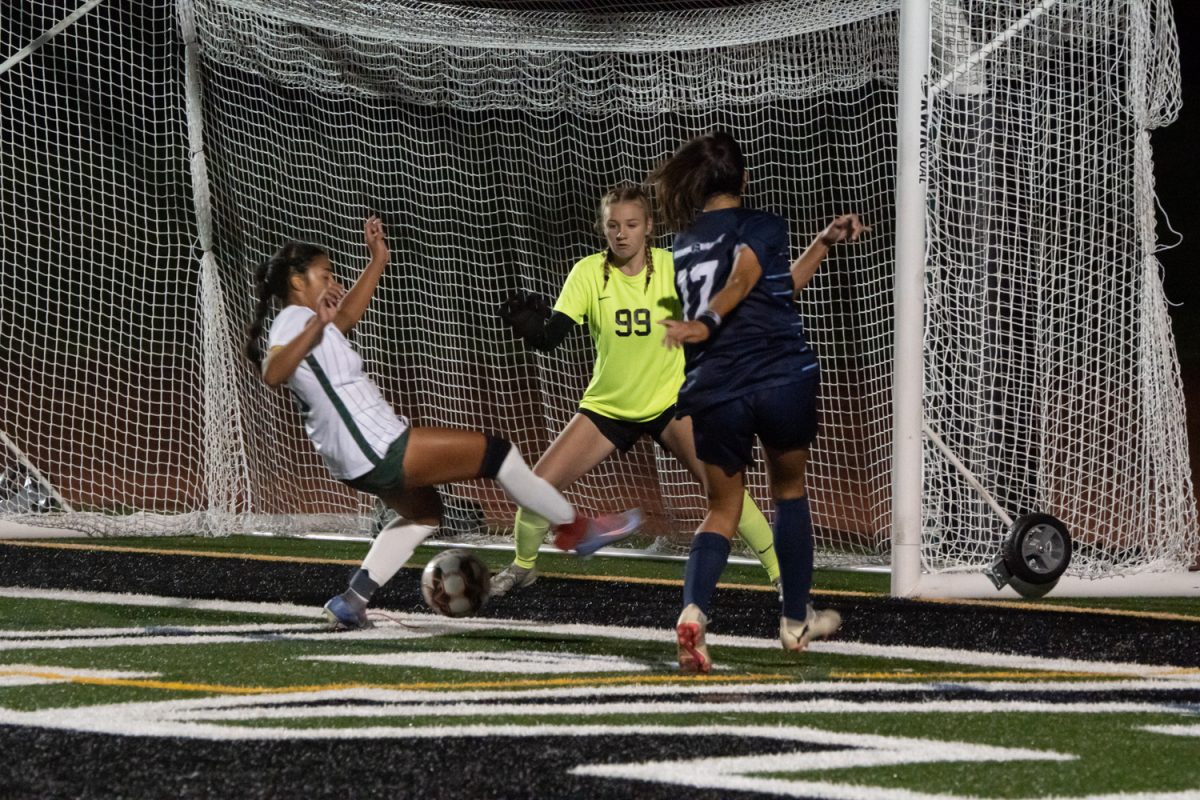The fate of COD
How the college’s probation became a catalyst for change and reform
Aerial shot of COD’s main campus
August 30, 2017
The administration and the board of trustees must be commended for actions taken to settle the College of DuPage’s accreditation problem.
On December 9, 2015, College of DuPage was placed on probation by the Higher Learning Commission Board of Trustees, a controversy that put the largest community college in the state under much scrutiny from the public eye. The action was taken after the college failed to operate “with integrity in its financial, academic, personnel and auxiliary functions.”
After an advisory visit, the HLCn identified problems with governance and accountability, from breaches of the college’s investment policies to dubious actions regarding ethics, demonstrating “a lack of integrity in the college’s operations and lack of adherence to established policies and procedures.” Like a chicken with its head cut off, the administration was left in chaos as the violations were uncovered. The board of trustees was criticized for its lack of effective leadership and collaboration amongst each other, hindering the institution’s ability to fulfill its mission. Enrollment also dwindled,which heavily affected revenue amid the state’s failure to make payments to the college fueled by Illinois’ budget impasse.
This two-year probation proved to be a near-death experience for the college. Losing accreditation would automatically undo 50 years of progress and achievements that made COD the institution it is today. This became the catalytic force that pushed the college’s reform; a wake-up call it very much needed.
The college cleaned up its act by hiring Ann Rondeau as its new president. Her call for transparency and accountability has reverberated throughout the campus. Every school official worked tirelessly to ensure every criterion for accreditation is met, not just the issues that caused the sanction. Taking every criticism into account, the college has since then updated its ethics rules and created an audit committee to make sure the college’s budget allocation is kept in check. Board Chairman Deanne Mazzochi had called for a unified Board of Trustees at the June 22nd board meeting, regarding transactions that involve the college that require board approval.
And now that the hearing for the Higher Learning Commission’s verdict about the two-year probation is just a mere few months away, a review team recommended no additional sanctions after seeing the great strides COD has made in this new, more transparent administration.
Despite the looming loss of accreditation, COD has still been a great place to be in. The chaos the probation brought never really trickled down into classrooms. Although enrollment diminished, the college’s student body wasn’t that all much affected. For the most part, students went about the business of being students. Teachers continued enriching minds. Life went on as it usually does. And that’s possibly the greatest accomplishment in all the efforts to get and keep COD on track. The college never lost sight of its mission, even though it’s one of the reasons why it was put into probation in the first place.
As the dark days at COD slowly fade we remain optimistic that the HLC will consider the sincere efforts of the board of trustees and the administration when our fate is decided soon.




















